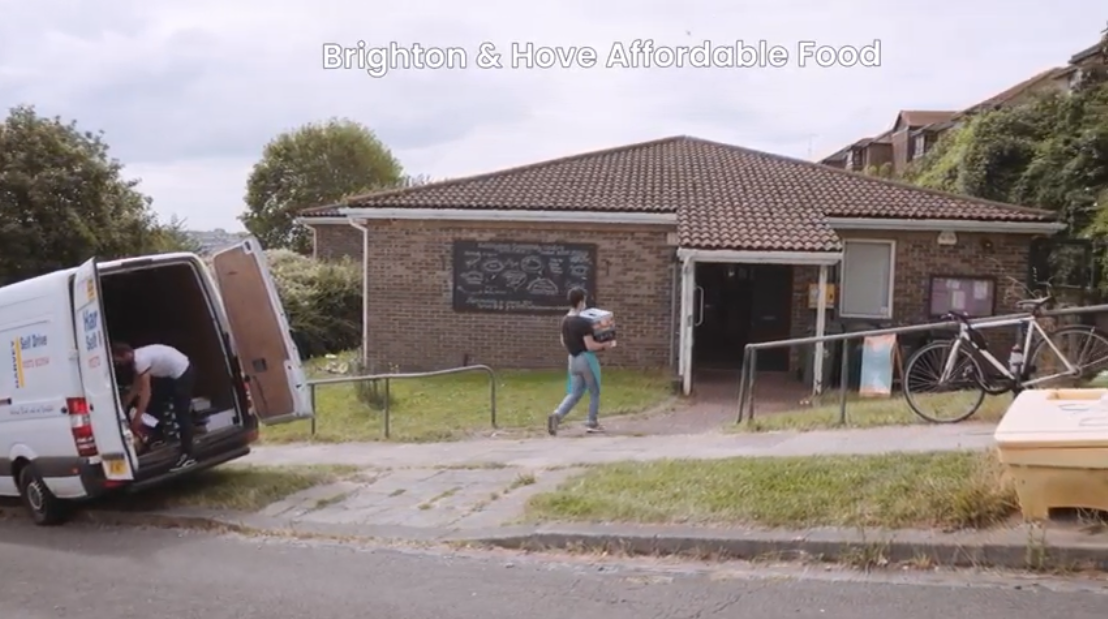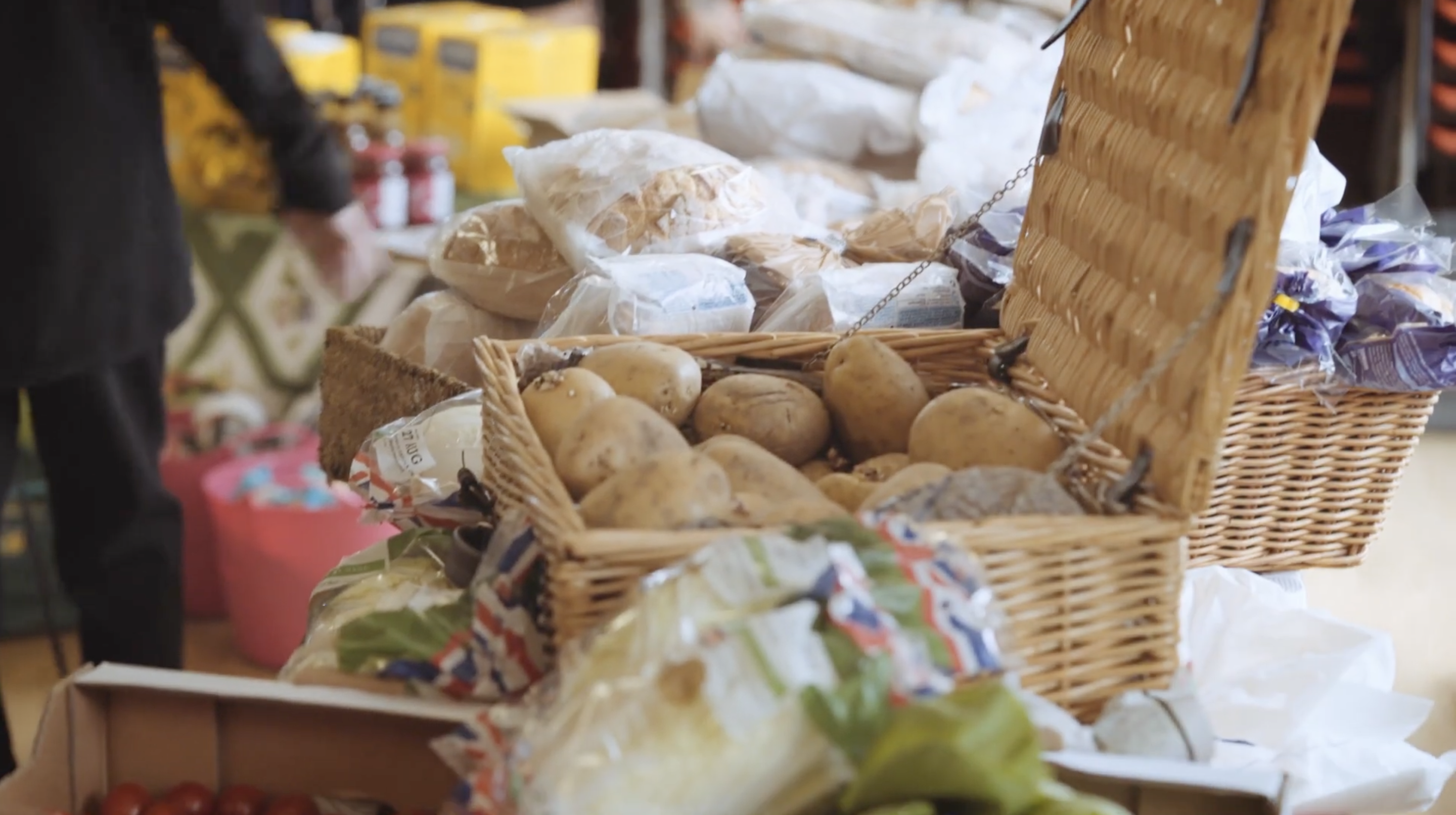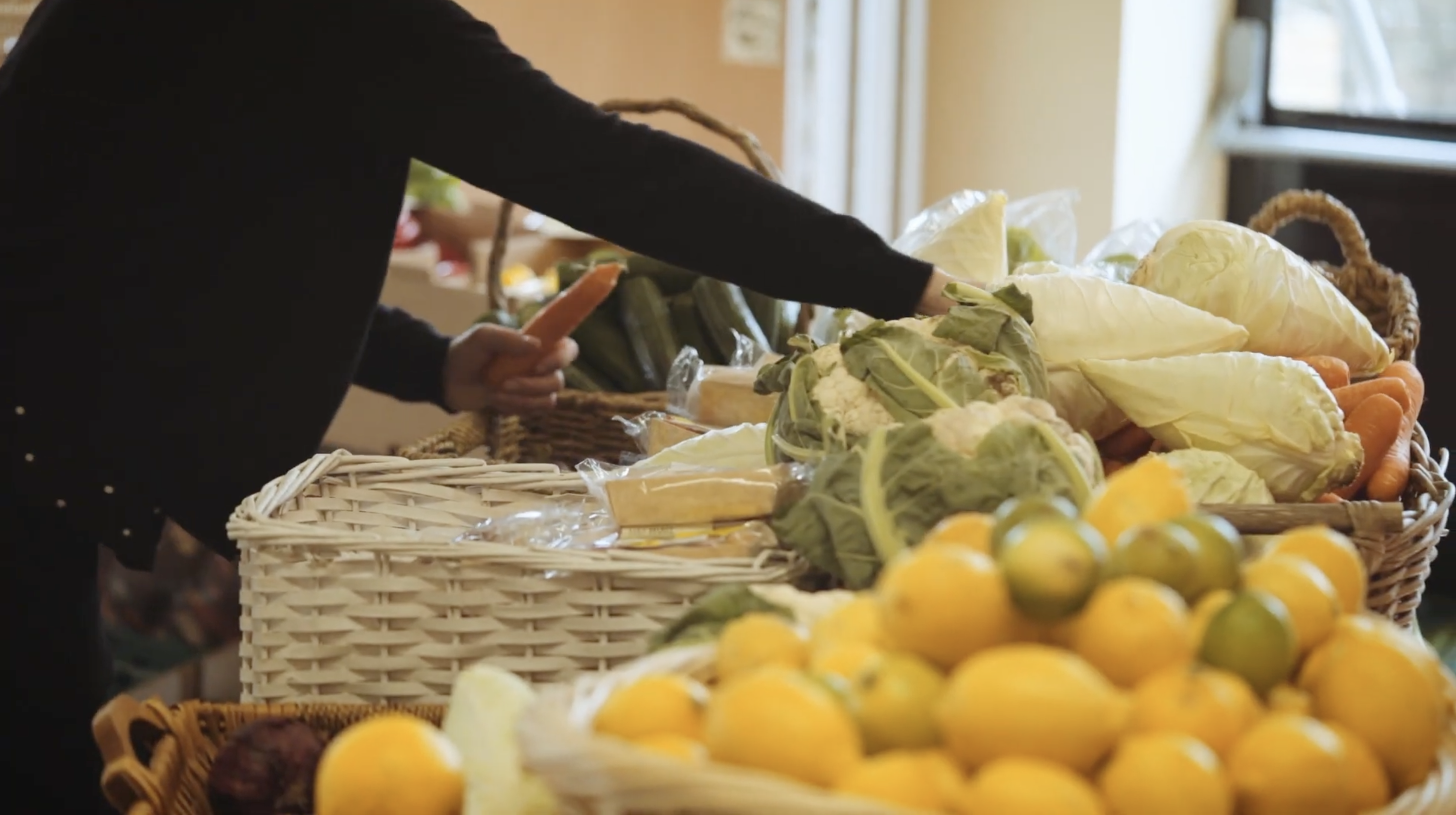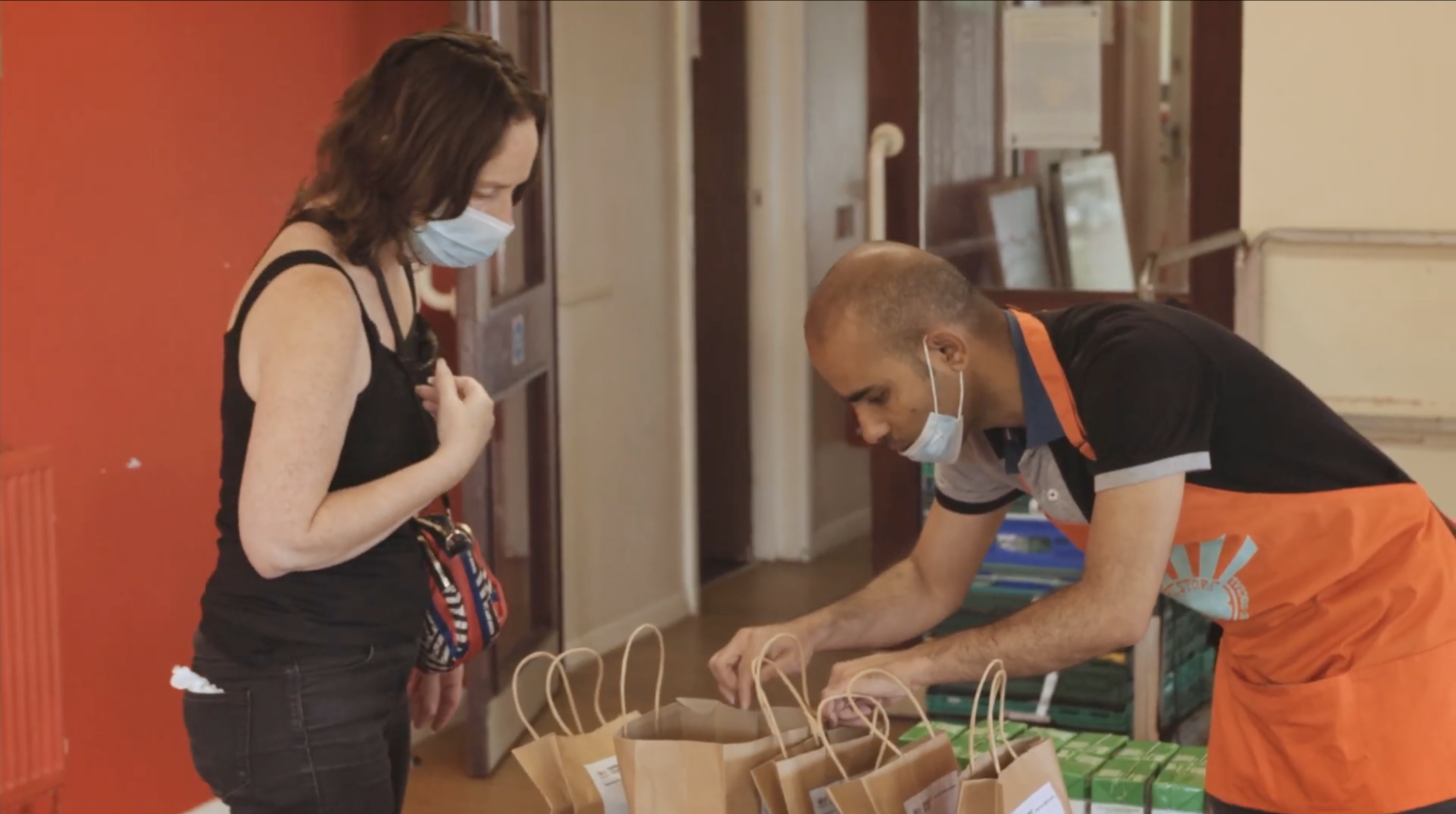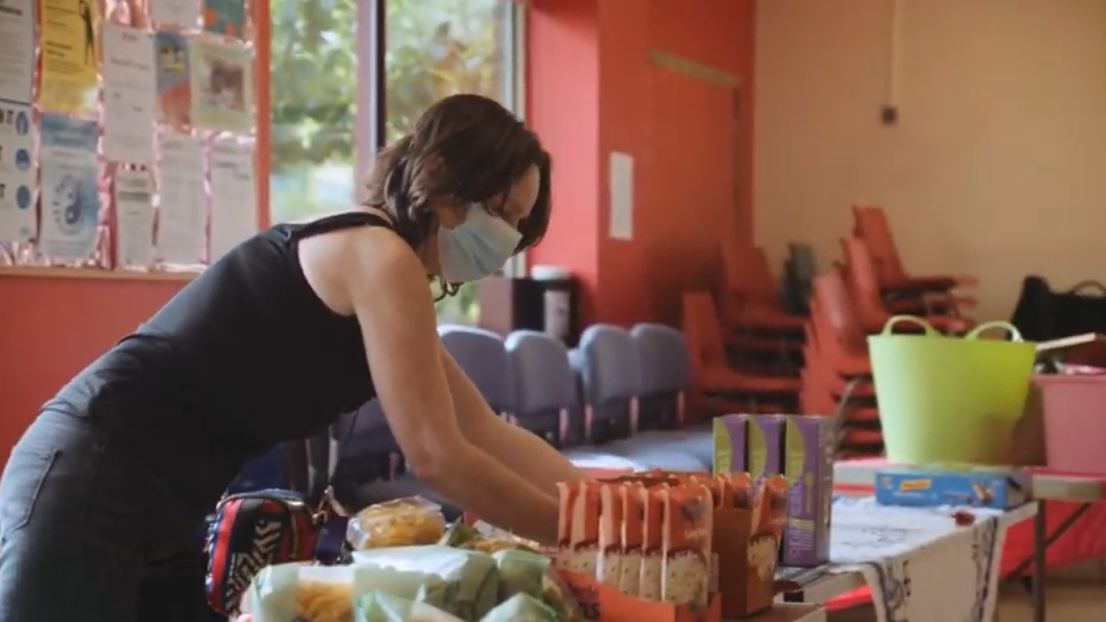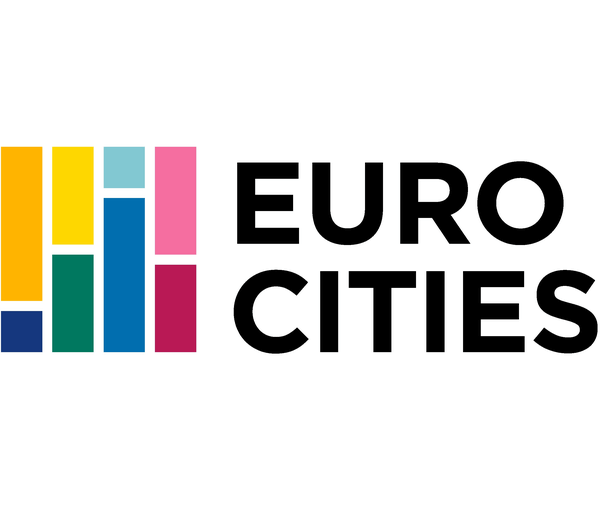City
Brighton and Hove
Main actors
Local Government
Project area
Metropolitan Area
Duration
Ongoing since 2020
Providing fresh local food to residents in disadvantaged neighbourhoods
Brighton & Hove Food Partnership launched seven Affordable Food Projects in 2020. The aim was to provide affordable, fresh, local food to residents in disadvantaged neighbourhoods. They were initiated 6 months after the beginning of the COVID-19 pandemic, after emergency food use had increased massively across the city. The projects offer an alternative to food bank use, by either preventing the need for, or being the next step on from emergency food provision. People with first-hand experience of food poverty are involved in designing responses to it. They can also participate as volunteers throughout the farm to fork supply chain from. City data is used to reach the most vulnerable at risk of food poverty and to help to maximise their income. Food policy is translated into action through city wide procurement and buying standards. The vision of Healthy, sustainable and fair food for all is progressed at both neighbourhood and city scale. Learning is embedded and food actions are aligned within the wider circular economy approach of the city region with a focus on carbon reduction targets and climate change mitigation.
Originally published by EUROCITIES, the network of 130 European cities: Link
This project was shortlisted for the Eurocities Awards in 2021 in the following category: From farm to fork – working with people.
Eurocities Awards
This project was shortlisted for the 'Eurocities Awards' in 2021 in the following category: From farm to fork – working with people..
External links / documents
On Map
The Map will be displayed after accepting cookie policy
